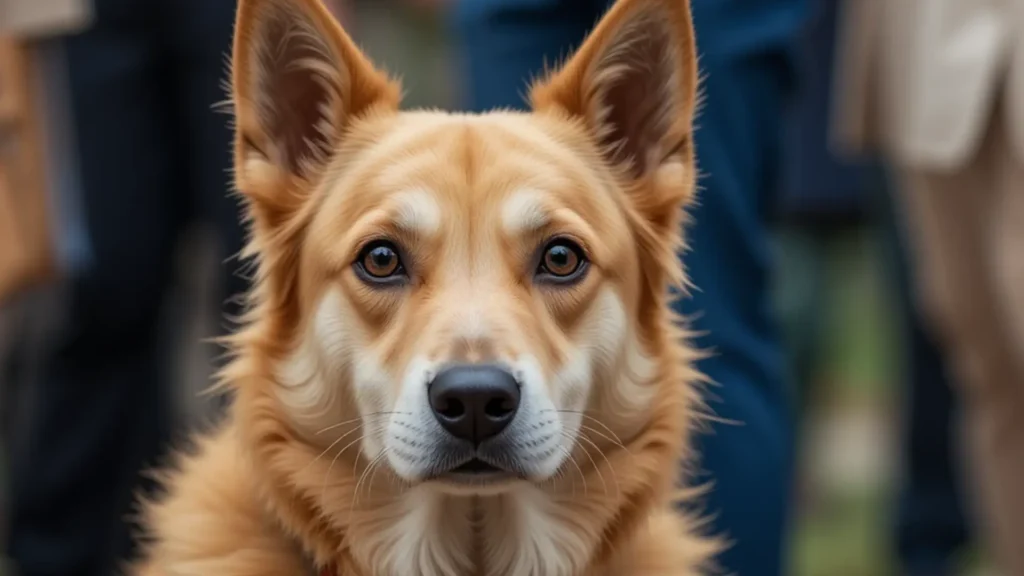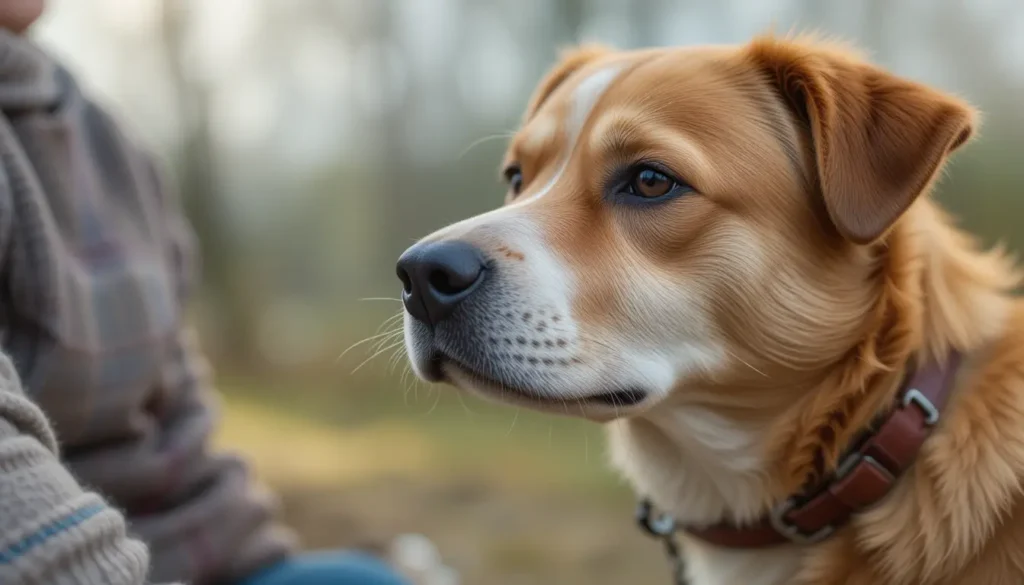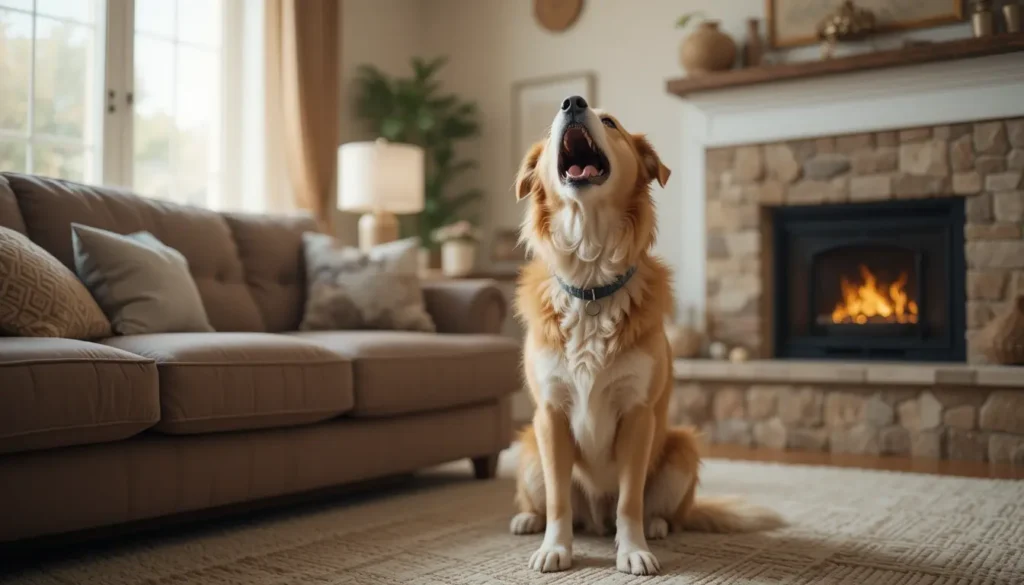Bringing a new dog into your life is an exciting experience. So you need a good dog breeder. It is essential to ensure that your furry friend has come from a responsible source. Unfortunately, not all breeders operate with the same level of care and ethics. To avoid these pitfalls, it’s essential to know how to spot a good dog breeder. Here are some key indicators to look for:
Health and Genetic Testing
A reputable breeder places the health of their dogs at the forefront of their breeding program. Responsible breeders understand that genetic diseases can be passed down from one generation to the next. So they take proactive steps to minimize these risks.
Before breeding, they conduct comprehensive health screenings and genetic tests on both the sire (father) and dam (mother) to ensure they are free of hereditary conditions common to the breed.
For example, large breeds like German Shepherds or Golden Retrievers are prone to hip dysplasia. A good breeder obtains certifications from organizations like Orthopedic Foundation for Animals (OFA) to confirm that their dogs have healthy hips.
Similarly, smaller breeds such as Cavalier King Charles Spaniels may be predisposed to heart conditions and eye disorders. A good breeder should get clearances from veterinary specialists in cardiology and ophthalmology.
Responsible breeders also consider temperament when selecting breeding pairs. They aim to produce puppies with predictable temperaments that align with the breed standard.
When you inquire about a puppy, ask the breeder for documentation proving that the parents have undergone the necessary health tests. Reputable breeders will proudly share this information. They want potential owners to feel confident in the health of their future pet.
Clean and Safe Environment
The raising environment speaks volumes about the priorities and level of care. A visit to the breeder’s home or kennel allows you to observe firsthand how the dogs are treated and housed.
Ethical breeders maintain clean, hygienic, and safe living spaces for their animals. Puppies should have ample room to move around, explore, and interact with their littermates. Adult dogs should appear content, well-groomed, and free of signs of neglect.
During your visit, pay attention to details like cleanliness, ventilation, and overall organization. For instance, bedding areas should be dry and regularly cleaned, food bowls should be sanitized, and there should be no overpowering odors of waste.
Additionally, observe how the dogs behave. Happy dogs are typically a sign of a positive environment. On the other hand, fearful dogs indicate mistreatment.
If the breeder operates from their home, look for evidence that the dogs are integrated into family life rather than confined to a basement or garage.
Many responsible breeders raise their puppies indoors. They expose them to household sounds and activities to prepare them for life in a human home.
Knowledgeable and Passionate About the Breed
One hallmark of a good breeder is their deep knowledge and genuine passion for the specific breed they work with. Responsible breeders dedicate years to studying the history, traits, and needs of their chosen breed.
They stay informed about advancements in veterinary care, training methods, and breed-specific research. This expertise enables them to answer detailed questions about everything from grooming routines to dietary requirements to behavioral tendencies.
For example, you’re interested in a Border Collie. A knowledgeable breeder will explain the specifics and requirement of that breed. They’ll also discuss potential challenges. Conversely, a breeder unfamiliar with the breed might overlook these nuances.
Good breeders view themselves as stewards of their breed. They strive to preserve its integrity while improving upon its qualities. They carefully select breeding pairs based on temperament, health, and conformation to the breed standard.
Limited Number of Litters
Responsible breeders focus on quality. They breed a small number of litters each year. This approach ensures they can devote sufficient time and resources to raising healthy puppies. Limiting the number of litters also allows breeders to invest in proper healthcare.
Ethical breeders often own or co-own the adult dogs they use for breeding. They do not rely on outside sources from unknown origins. Instead, they personally oversee every aspect of the breeding process.
By contrast, high-volume breeders are referred to as puppy mills. They prioritize profit above all else. These operations churn out dozens or even hundreds of puppies annually. They breed under horrific conditions. The dogs used for breeding in such facilities rarely receive adequate medical care, nutrition, and social interaction.
Puppies Stay with Mom Until Ready
The first eight weeks of a puppy’s life are critical for development. During this time, puppies learn essential skills from their mother. To learn bite inhibition, communication, and social boundaries, mother and littermates are essential. A good breeder understands the importance of allowing puppies to remain with their mother until they are physically and emotionally ready to transition to a new home.
At around seven to eight weeks old, most puppies are sufficiently weaned, vaccinated, and prepared for adoption. Removing them from their mother too early can lead to behavioral problems. It can also compromise their immune systems.
Ethical breeders go beyond simply keeping puppies with their mother. They actively engage in early socialization. This includes introducing the puppies to different pets, sights, sounds, and textures to help them build confidence and resilience. Properly socialized puppies tend to adapt easily to their new homes and form stronger bonds with their owners.
Transparent and Honest Communication
A reputable breeder values transparency above all else. They understand that owning a dog is a lifelong commitment and want to ensure you are fully prepared for the responsibilities that come with it.
They will openly discuss both the positive aspects of the breed and any potential challenges. For example, if you’re considering a high-energy working breed like an Australian Shepherd, a responsible breeder will warn you about their need for intense exercise and mental stimulation.
Similarly, they will be upfront about risks of certain breeds and provide guidance on how to manage them.
In addition to verbal communication, ethical breeders provide written documentation for every puppy they sell. This includes vaccination records, deworming schedules, microchip registration details, and pedigree papers (if applicable).
Some breeders even offer contracts outlining expectations for both parties, such as spay/neuter agreements or return policies if circumstances change. These documents serve as proof of the breeder’s professionalism and accountability.
Good breeders also encourage questions and welcome curiosity. They should answer all your questions patiently and honestly. If the breeder makes unrealistic promises, it’s best to walk away.
Screening Potential Buyers
Responsible breeders view themselves not just as sellers but as advocates for their puppies’ futures. To ensure each dog ends up in a loving home, they carefully screen potential buyers.
This process often begins with an application form that asks about your lifestyle, living situation, previous pet ownership experience, and reasons for wanting a dog. The goal is to match each puppy with a family whose needs and capabilities align with the breed’s requirements. This helps to select perfect breed for family.
Support Beyond the Sale
The relationship between a responsible breeder and their puppies doesn’t end when you drive away with your new companion. Ethical breeders remain invested in the lives of their dogs long after the sale. They see themselves as lifelong resources. They offer advice on training, nutrition, grooming, and healthcare. If you encounter challenges, a good breeder will be available to help troubleshoot or refer you to trusted professionals.
Many breeders include clauses in their contracts requiring adopters to return the dog to them if they can no longer care for it. This ensures the dog remains safe and avoids ending up in shelters. Responsible breeders take full responsibility for the animals they produce. Some even stay in touch periodically, checking in to see how the puppy is adjusting and thriving in its new environment.
This level of support reflects the breeder’s deep commitment to the welfare of their dogs. It’s reassuring to know that if life throws you a curveball, you have someone to rely on who truly cares about your dog’s future.
Active in Breed Communities
Ethical breeders are deeply embedded in the world of their chosen breed. Their passion extends beyond breeding. They actively participate in activities that promote and improve the breed. Look for breeders who belong to recognized organizations. Membership in these groups indicates adherence to strict codes of ethics and standards.
Many reputable breeders compete in conformation shows, agility trials, obedience competitions, and other events that showcase their dogs’ abilities. Through these activities, they gain valuable insights into the breed’s strengths and weaknesses.
Others contribute to rescue efforts. They take in abandoned dogs and find them loving homes. Their involvement demonstrates a genuine love for the breed and a desire to give back to the community.
Additionally, breeders active in these circles often network with veterinarians, trainers, and other experts. This networking gives them access to cutting-edge knowledge and resources.
Choosing a responsible breeder is as much important as finding a cute puppy. it’s about supporting ethical practices and setting yourself up for a lifetime of joy with your new companion. Take your time, do your research, and trust your instincts. By spotting the signs of a good breeder, you contribute to the betterment of breeding practices overall.




